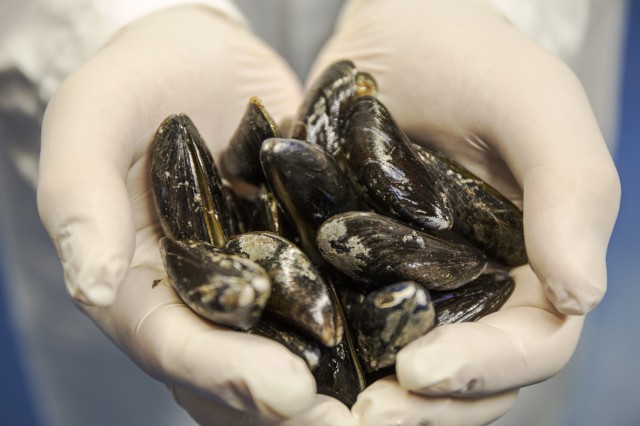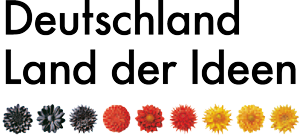XenoGlue – biocompatible adhesive for medicine

Modeled on mussels
Using intestinal bacteria, researchers have developed a paste that binds bones together
Mussels produce an adhesive that could also be used to treat wounds and broken bones in humans as well. However, extracting the shell glue is difficult. Now, Scientists at the TU Berlin have succeeded in producing it with the aid of Escherichia coli. Unlike ‘real’ shell glue, that produced by the intestinal bacteria only becomes ‘sticky’ when it is activated by UV light. This allows it to be applied precisely. A new breakthrough that could soon eliminate the use of screws for broken bones, along with the operation to remove them again. This reduces risk and costs – for the common good.
Ausgezeichnete Orte 2018
Technische Universität Berlin, Institut für Chemie, Fachgebiet Organische Chemie, Arbeitskreis Biokatalyse
Straße des 17. Juni 135
10623 Berlin

